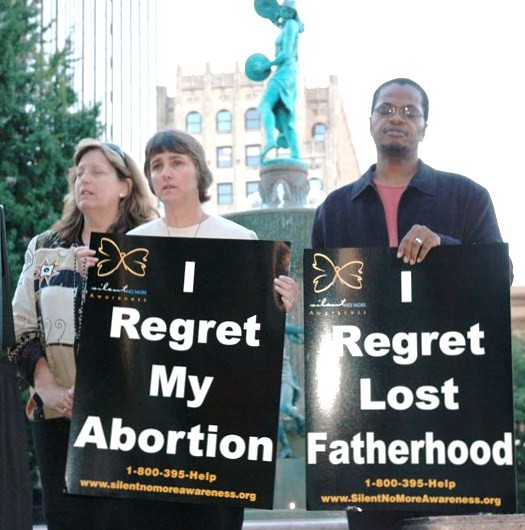Shocker: Marriage Decline Worsens In CT
Earlier this month, The Hartford Courant reported on an unsurprising trend: the decline of “basic building blocks of society” — specifically the natural family. Connecticut appears to be a canary in the coal mine for the nation, with some of the largest decreases both in marriage among those of age and households with young children.
The Quinnipiac sociology professor quoted in the story attributes at least part of this trend to a bad jobs scene, student loan debt, and the high cost of living in Connecticut. There’s been an exodus from the state. Fair enough. However, the story continues: “… it might be that young adults simply aren’t interested in the institution of marriage as much as they were decades ago, said Lauren Sardi, assistant professor of sociology at Quinnipiac University.”
“People who are at the age now of being married may have come from a broken family, or grown up with divorced parents, and they’re just not interested in growing up and being a part of that,” she said.
You don’t say!
This piece is enormously frustrating. Incremental developments in a decades-old problem are reported as revelations. What is the point? If The Courant’s breathless promotion of “alternative lifestyles” continues, and if many policymakers don’t honestly and humbly re-think assumptions about freedom, progress, and the common good, it could amount to writing Connecticut’s obituary.
Job-seekers do face tough odds. One friend accepted employment 3,000 miles from home after submitting over 100 applications. The tragic irony of postponing marriage and children for economic reasons is the threat of a vicious cycle wherein recovery stalls as the working population gets older and older. But while jobs initiatives or debt relief may help those who still see marriage as desirable, they can’t touch the ambivalence of heart the professor describes.
Who could blame young people for that ambivalence? What is marriage, according to culture at large? It’s not permanent. It’s not related to children or their welfare. Exclusivity and fidelity cling by a nail. It’s not necessarily about something larger than oneself. Though often sung as one of the ultimate acts of self-actualization, the uncomfortable, hard-to-avoid conclusion is that there are more appealing options for that than a piece of paper with an expensive party — which, though not what I believe, is how I understand it must look.
Speaking of expensive, my peers are propagandized by scare pieces that exaggerate the costs of weddings and children; discredited population theories that press the responsibility of saving the world from humans; and a dramatic rise in recent years of the attitude that children are mainly a style-cramping nuisance. Some have accepted pets as a temporary or permanent compromise, although an animal is not a cheap commitment either; it strains credulity that struggling debtors would amass the several-thousand-dollar veterinary emergency fund recommended here.
Don’t expect major media outlets to explore all that, and definitely don’t get ambitious and expect them to ask what effect, if any, the Kerrigan ruling might have had. That is left to us. Lovers of the straw man, take note: FIC doesn’t argue that same-sex “marriage” is the proximate cause of the decline. Citing divorce, single parenthood, and cohabitation in his testimony against civil unions, then-director Brian Brown said, “Same-sex “marriage” did not get us to this point, but is only conceivable because we’re here. Same-sex “marriage” further destroys the shared public understanding of what marriage is” (click here and scroll way down to Feb. 9, 2005 to read in full). It is an unhelpful step in the wrong direction that renders marriage even less intelligible. Was he right? You tell us. Ten years later, the marriage decline continues.
I hate to express cynicism on this blog. Let me just say that things would look bad indeed if we had only to count on the media and political courage. Fortunately, someone who cares is reading this. We must count on each other. We don’t have forever to renew our culture and prevent massive damage — the window closes rapidly — but there is hope. That hope doesn’t just come from strength in numbers or compelling logic, though we have those, but also from the faithfulness of the Creator, who designed marriage and family and pronounced it good. That is the thought I hold onto at the end of the day.

















